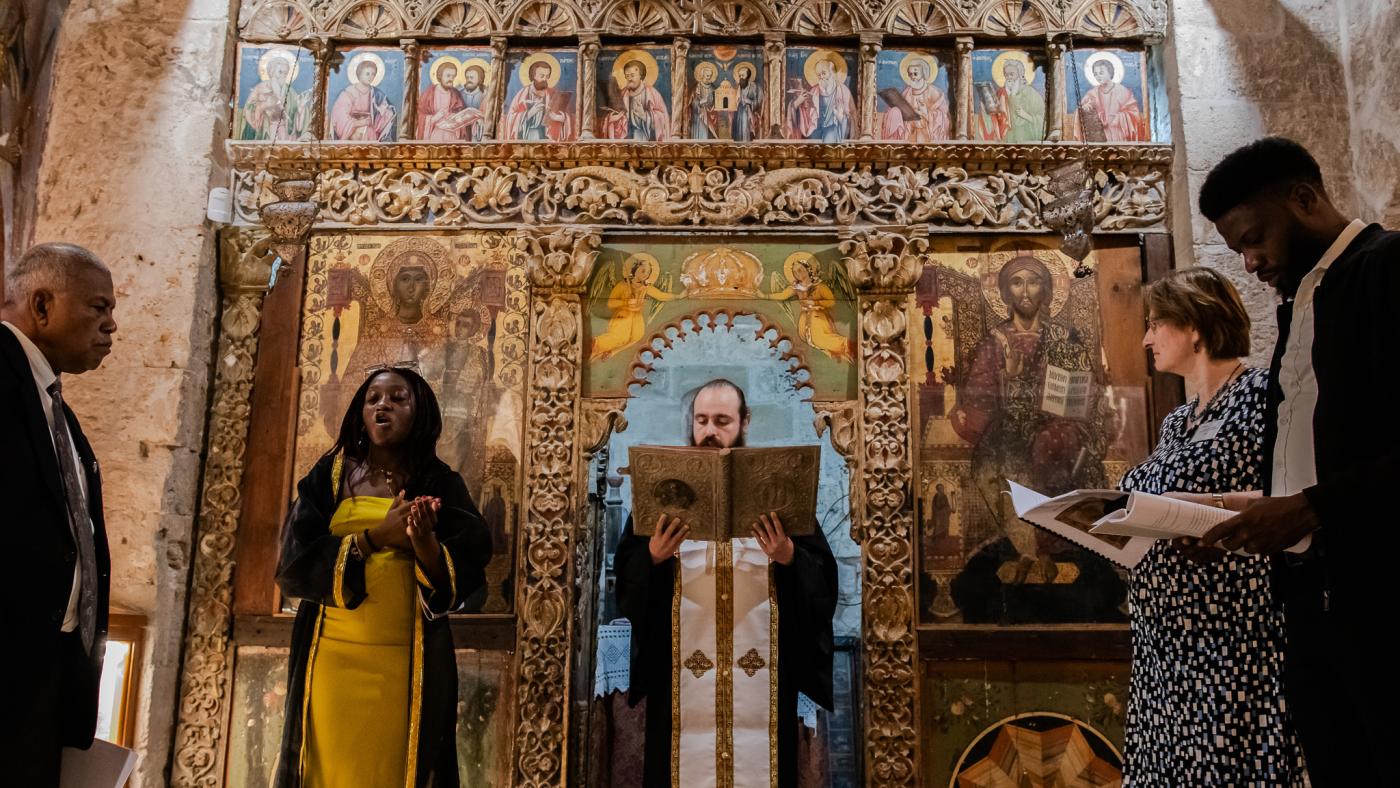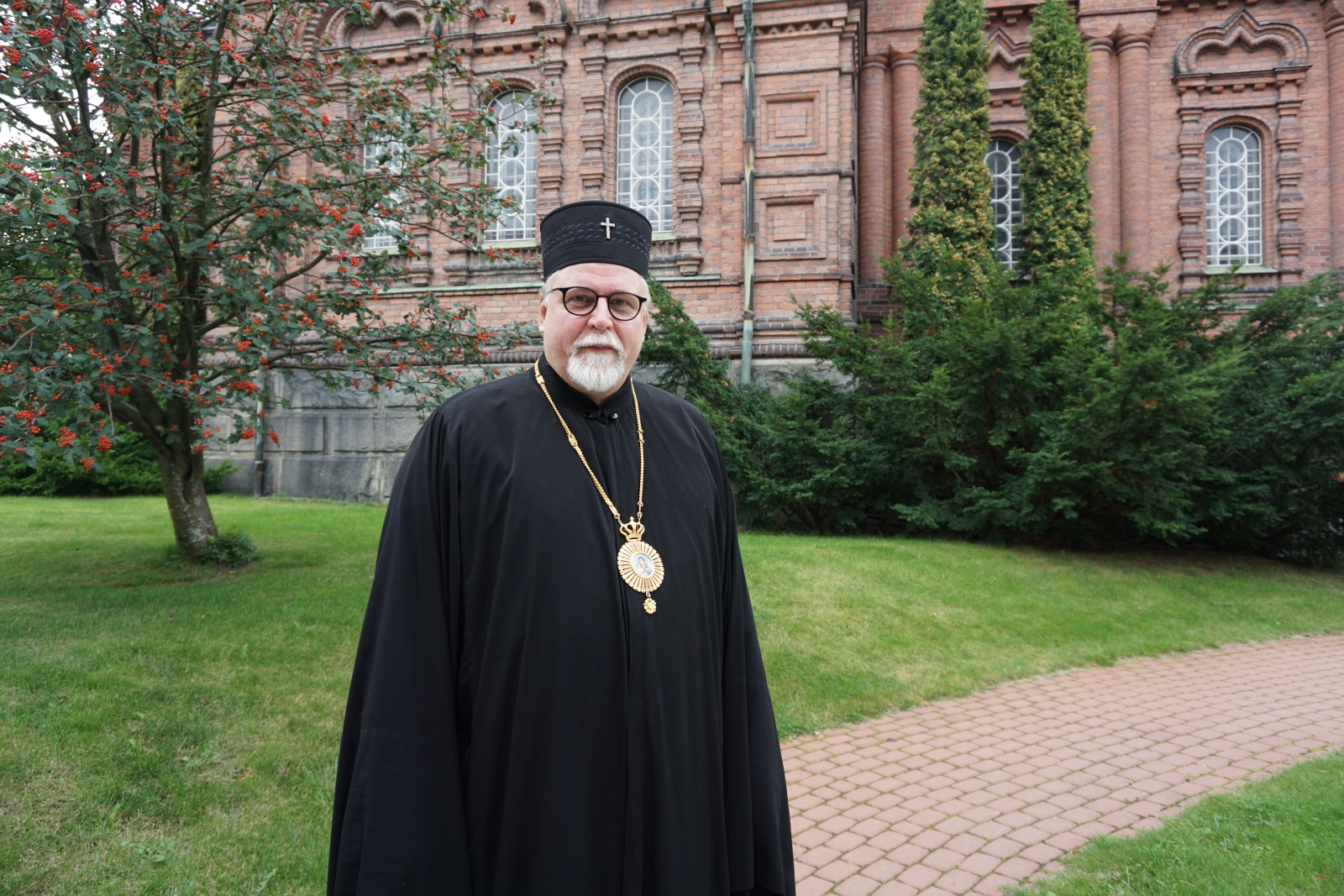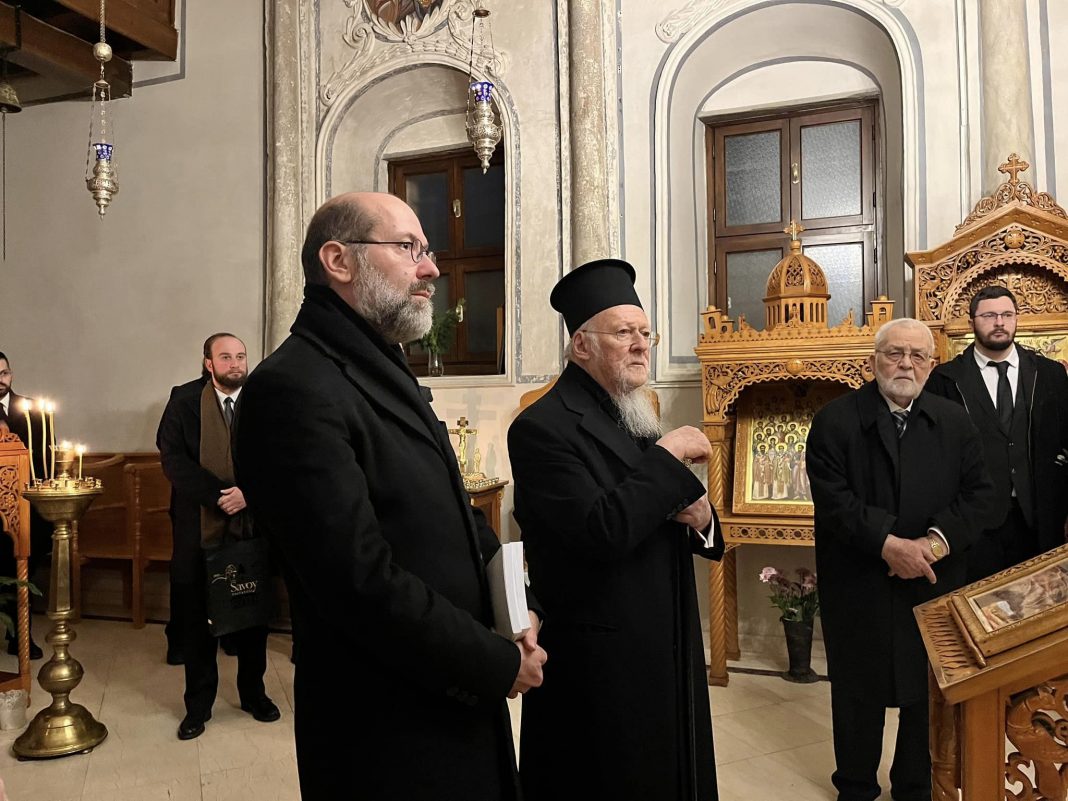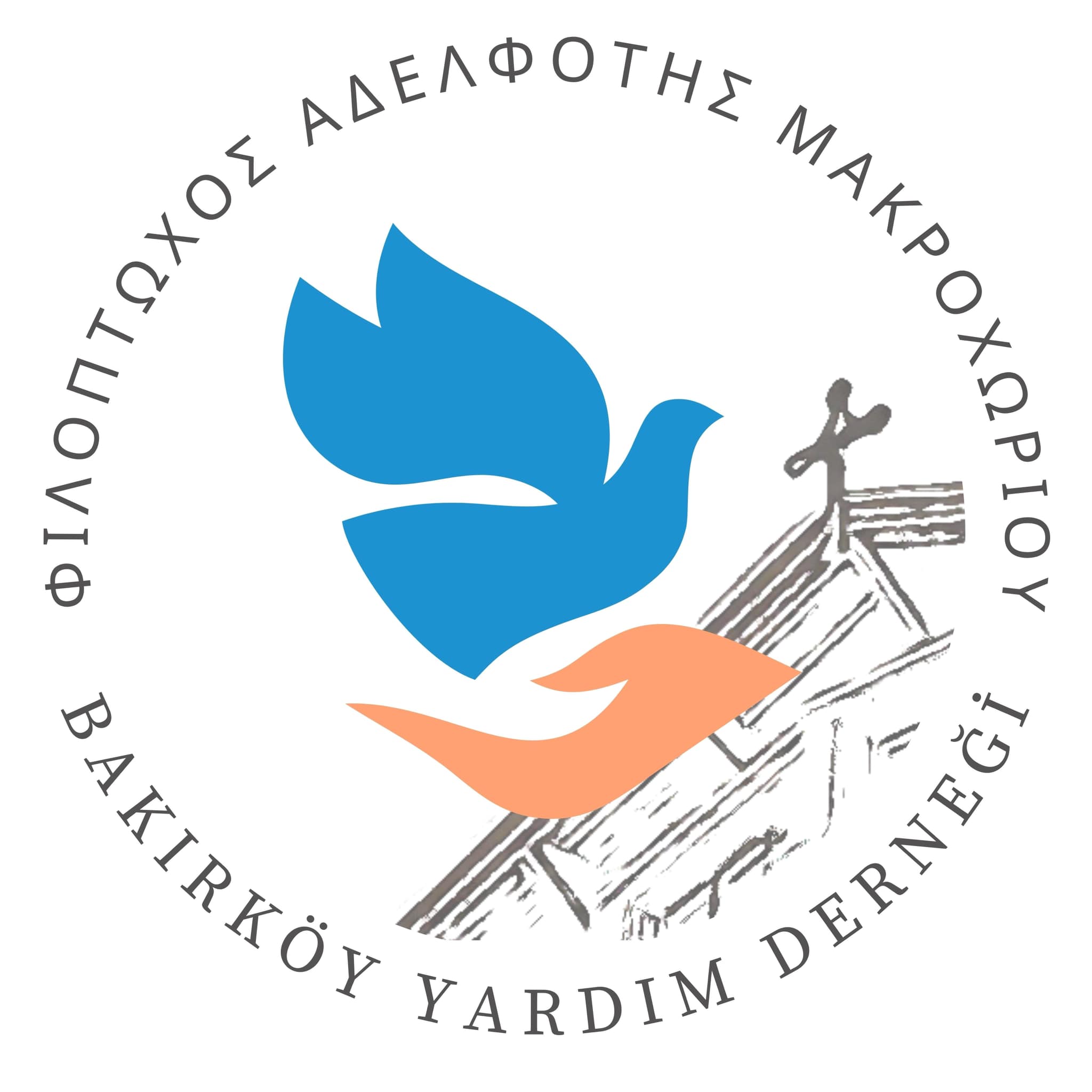Hieromartyr Gregory, Bishop of Greater Armenia, Equal of the Apostles, Enlightener of Armenia (30 September)


The Hieromartyr Gregory, Enlightener of Greater Armenia, was born in the year 257. He was descended from a line of Parthian Arsakid kings. Anak, the father of Saint Gregory, was a Parthian by birth. In his quest for the Armenian throne, Anak and his brother attacked their kinsman, King Kursar with their swords, leaving him mortally wounded. The King’s servants found him still alive, and he was able to tell them what had happened. Before he expired, the King ordered the execution of Anak, his brother, and also their wives and children. The murderers were caught by a river, where they were slain and their bodies were thrown into the water.
One of Anak’s relatives saved Gregory and his brother, who were infants, and hid them in his home. There was a revolt in Armenia, and King Artasirus of Persia was able to conquer Armenia and bring it under his rule. As for Arak’s sons: one was taken to Persia, and Gregory was sent to the Roman Empire.
When he reached adulthood, Gregory lived in Caesarea in Cappadocia, where he was converted to the Christian Faith. Gregory married, and had two sons, but soon was left a widower. Gregory raised his sons in piety. One of them, Orthanes, later became a priest, and the other, Arostanes, was tonsured as a monk and went into the wilderness to live in solitude.
In order to atone for the sin of his father, who had murdered the father of Tiridates, Gregory entered into the latter’s service, and was a faithful servant to him. Tiridates, who was serving in the Roman army, loved Gregory like a friend, but when he learned that Gregory was a Christian, he became angry. Saint Gregory, however, ignored his master’s unjust wrath.
When the Goths attacked the Roman Empire, the Prince of the Goths challenged the Emperor to single combat. The Emperor was afraid to fight the Prince, so he had Tiridates put on his armor and take his place. Tiridates defeated his adversary without using his sword, and led him as a captive to the Emperor. Then the entire Gothic army was defeated. In gratitude, the Emperor made Tiridates King of Armenia. When Tiridates offered sacrifice to his “gods” for his new position, he wanted Gregory to sacrifice with him. Gregory refused, and so Tiridates ordered that he be tortured.
The Saint was suspended head downward, with a stone about his neck, and for several days they choked him with a foul-smelling smoke, they beat and ridiculed him, and forced him to walk in iron sandals inset with nails.
During these torments, Saint Gregory sang Psalms. In prison the Lord healed all his wounds. When Gregory stood before the King cheerful and unharmed, he was astonished and ordered that the torments be repeated. Saint Gregory endured them, not wavering, with his former determination and bearing. They then poured hot tin over him and threw him into a pit filled with snakes, scorpions, and other poisonous creatures. The Lord, however, spared His chosen one, and he was left unharmed.
Some pious women kept him alive for fourteen years by feeding him with bread, secretly lowering it into the pit. A holy angel appeared to the martyr, strengthening and encouraging him. During this time King Tiridates killed the holy virgin Saint Ripsimia (Ριψιμία, or Ριψίμη), the Eldress Gaianḗ (Γαϊανή), and 32 other Virgin Martyrs (some sources say 35) from Asia Minor. Tiridates, who seemed to have lost his mind after this, recovered six days later. Then the wrath of God struck King Tiridates, his associates, and the soldiers who had participated in the execution of the virgins. Beset by demons, their appearance resembled wild boars, as once happened to Nebuchadnezzar (Daniel 4:30). Running through forests and fields, they tore their clothes and devoured their own flesh.
Saint Gregory was taken from from the pit, and then he was washed, dressed in clean clothes, and fed. Then he was led to the King. Everyone bowed before him, begging him to ask God to heal the King as well as the others responsible for killing the Holy Virgin Martyrs. First, the Saint asked about their relics, which remained unburied for nine days. Saint Gregory buried the bodies, and then began preaching to the people, urging them to turn away from the darkness of idolatry and toward Christ. The people came to believe in Christ, and wanted to build a large church. When it was completed, Saint Gregory had the relics of the holy nuns brought into it. Then he led King Tiridates to the church before the bodies of the Saints whom he had slain, so that they might pray to Christ for him. He repented, and at once his face was restored to its original appearance once more.
Soon all of Armenia was converted to Christ. The temples of the idols were destroyed, and churches for the worship of the only true God were built. Saint Gregory ordained priests, established schools, founded monasteries, and provided for the good order of the Church.
After this, Saint Gregory went into the wilderness, where he ended his earthly life in a manner pleasing to the Lord. His son Aristanes was made a bishop in Cappadocia, and was one of the 318 Holy Fathers of the Council of Nicea.
This Saint, a Parthian by race, was the son of Anak. He was born about the year 240 and was taught the Faith of Christ in Caesarea of Cappadocia. He entered the service of Tiridates, King of Armenia, but when discovered to be a Christian, he was subjected to many horrible torments at the King’s hands, then was cast into a pit of mire with poisonous serpents and left to die. By the power of God, however, he abode there unharmed for fourteen years, his needs provided by a certain widow, until he was made known by revelation and set free. He converted to piety innumerable multitudes of Armenians, including Tiridates himself, and was consecrated bishop by Leontius, Archbishop of Caesarea, to shepherd the vast flock he had gained for Christ. He spent the last part of his life in retirement in the ascetical discipline, and reposed in peace about the year 325. Saint Gregory is honoured as the Illuminator of Armenia.
Gregory was born of a prominent family which was related to the royal houses of Persia (King Arteban) and Armenia (King Khosrov). When these two houses made war against each other, Gregory withdrew to Caesarea in Cappadocia. It was there that he first learned of the Christian Faith, was baptized and married. He had two sons of this marriage, Bardanes and Aristakes, and dedicated them both to the service of the Church. After the death of his wife, Gregory returned to Armenia and placed himself in the service of King Tiridates. He faithfully served him, and Tiridates loved Gregory. But when the king learned that Gregory was a Christian, he became greatly enraged and pressured him to deny Christ and worship idols.
Not succeeding in this, Tiridates subjected Gregory to many harsh tortures, then threw him into a deep pit full of poisonous reptiles to kill him. However, the All-seeing God preserved St. Gregory’s life in that pit for fourteen full years. After that, Tiridates set out to persecute all Christians in his kingdom, and attacked a convent where there were thirty-seven nuns, including the abbess, Gaiana. When he had killed all of them by terrible tortures, Tiridates went insane and was like a wild boar. His sister had a dream in which a man, dazzlingly bright, told her that Tiridates would only become well when Gregory was removed from the pit. Taken from the pit, Gregory healed and baptized Tiridates. Then, at the wish of Tiridates, Gregory became Bishop of Armenia. Through God’s providence, Tiridates also helped him in enlightening all of Armenia and its surrounding regions with the Christian Faith. St. Gregory ended his earthly life of great labor in old age, in about the year 335 A.D. Meanwhile, his son Aristakes had been consecrated a bishop, and he continued the work of his father, both physically and spiritually. Aristakes was one of the 318 Holy Fathers at the First Ecumenical Council.
Apolytikion of Gregory the Illuminator
Fourth Tone
As a sharer of the ways and a successor to the throne of the Apostles, O inspired of God, thou foundest discipline to be a means of ascent to divine vision. Wherefore, having rightly divided the word of truth, thou didst also contest for the Faith even unto blood, O Hieromartyr Gregory. Intercede with Christ our God that our souls be saved.
Kontakion of Gregory the Illuminator
Fourth Tone
Let us the faithful today all acclaim with divine songs and hymns the renowned hierarch Gregory as an athlete for truth’s sake, as a shepherd and teacher, a universal luminary bright with splendour; for he intercedeth with Christ that we be saved.
Source: oca.org / goarch.org / westserbdio.org




